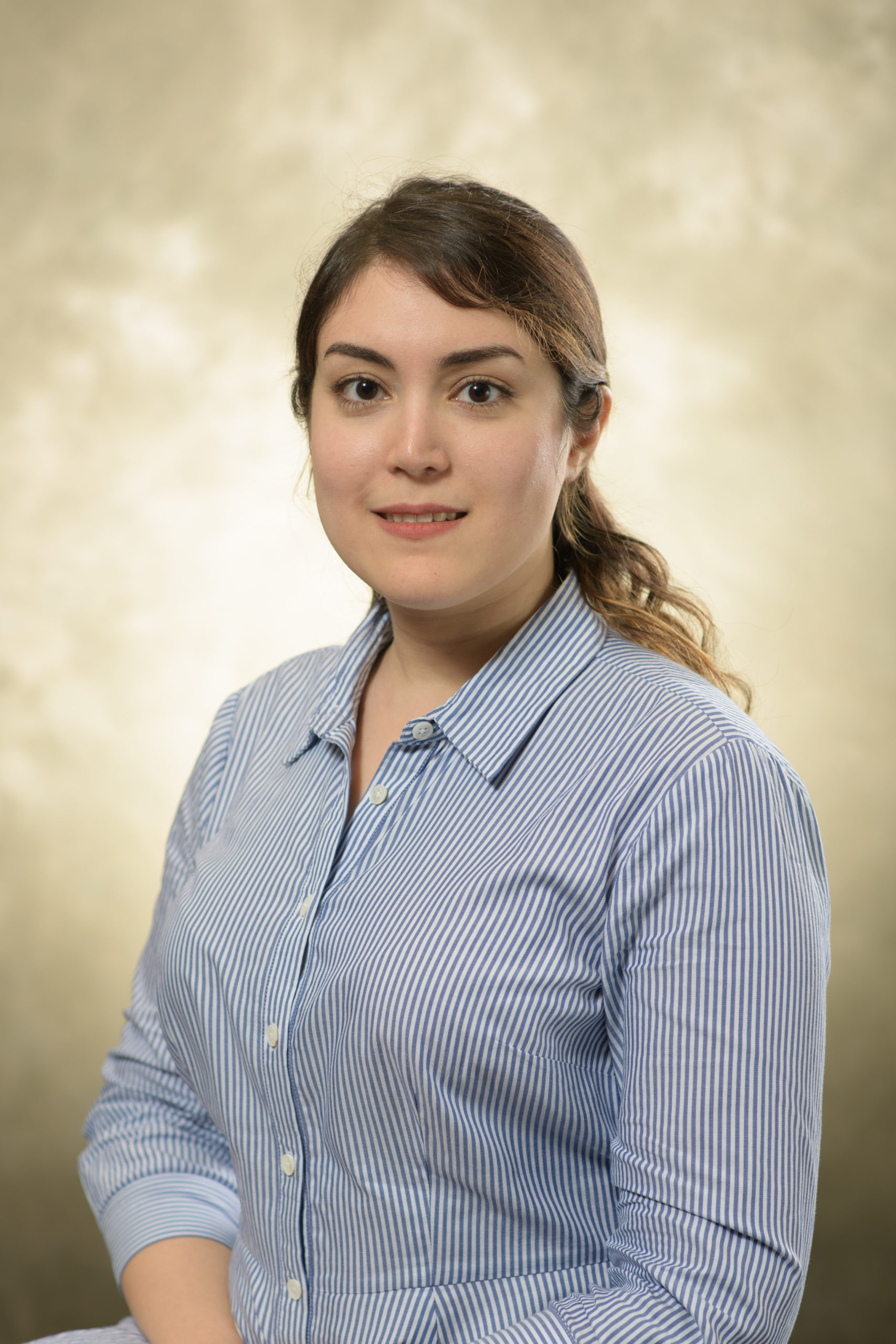Faculty Candidate Seminar
Distributive Justice for Machine Learning: An Interdisciplinary Perspective on Defining, Measuring, and Remedying Algorithmic Unfairness
This event is free and open to the publicAdd to Google Calendar

Automated decision-making tools are increasingly in charge of making consequential decisions—in areas such as credit lending, policing, employment, and beyond—affecting people’s lives and society. These tools can exhibit and exacerbate certain undesirable biases and adversely impact already-disadvantaged and marginalized social groups and individuals. In this talk, I will illustrate how tools and methods from computer science, economics, and political philosophy can be orchestrated to define, measure, and remedy such algorithmic unfairness. In particular, I will address two key questions:
▪ Given the decision-making context, how should we define fairness as the equality of some notion of benefit or harm across socially salient groups? I will cast existing notions of algorithmic (un)fairness as special cases of “equality of opportunity” from political philosophy. This mapping offers a better understanding of the moral assumptions underlying technical definitions of fairness, which can then be deliberated over from a normative perspective. I will also provide a descriptive answer to the question of “fairness as equality of what?”. I will mention a series of human-subject experiments we recently conducted to understand which existing notion best captures people’s perception of fairness.
▪ How can we precisely measure unfairness (both at the individual and group level) and bound it in a computationally efficient manner? I will present measures of (income) inequality from economics as a unifying framework for quantifying individual- and group-level unfairness and choosing the least unfair algorithmic alternative. I will propose the use of cardinal social welfare functions as an effective method for bounding individual-level inequality.
Bio: Hoda Heidari is currently a Postdoctoral Associate at the Department of Computer Science at Cornell University, where she collaborates with Professors Jon Kleinberg, Karen Levy, and Solon Barocas through the AIPP (Artificial Intelligence, Policy, and
Practice) initiative. Hoda’s research is broadly concerned with the societal and economic aspects of Artificial Intelligence, and in particular, the issues of fairness and explainability for Machine Learning. She utilizes tools and methods from Computer Science (Algorithms, AI, and ML) and Social Sciences (Economics and Political Philosophy) to quantify and mitigate the inequalities that arise when socially consequential decisions are automated. Her work has appeared in top-tier Computer Science venues, such as ICML, NeurIPS, KDD, AAAI, IJCAI, and EC.
Before coming to Cornell, Hoda was a Postdoctoral Fellow at the Machine Learning Institute of ETH Zürich, working under the supervision of Professor Andreas Krause. Hoda completed her doctoral studies in Computer and Information Science at the
University of Pennsylvania, where she was advised by Professors Michael Kearns and Ali Jadbabaie.
Hoda has organized multiple academic events on the topic of her research, including a tutorial at the Web Conference (WWW) and a workshop at the Neural and Information Processing Systems (NeurIPS) conference. Beyond computer science venues, she has
been invited to and participated in numerous interdisciplinary panels and discussions addressing the implications of AI for society.
 MENU
MENU 
